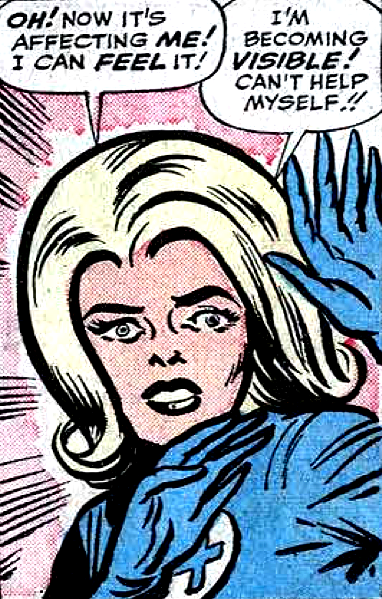At Sam’s suggestion, he and I recorded a conversation about improving as “just players,” not GMs. We have 2+ years of conversation, shared play, and mutual influence between us, and we were able to ground the topic firmly in our experiences of play.
The conversation largely speaks for itself. However, I want to highlight a critical point that Sam makes (around timestamp 13:20) while discussing new players who are learning the basics: “**In a good environment**, they slide into their authorities pretty naturally.” Much of our subsequent drilling-down can be understood as us exploring the behaviors that make the verbal space a hospitable environment for inspiration (both our own and others’) in how we employ our authorities.


4 responses to “Improving as “just players””
One of the opening concepts in my People & Play course can provide the useful term “table-talk.” Here’s the slide from the course:

It’s simply all the non-authoritative speaking and other interactions. It might directly address the fiction, which is mostly what you were talking about here, or it might be straightforward social stuff like “pass the pretzels,” or anything in-between.
I’ve found this to be a turning point for a sizeable portion of people taking the course. We’re always talking and interacting, and some of it is diegetic (authoritative), and some of it is not. A lot of the latter is about, or inquiring about, or suggestive toward the diegetic talk, without violating the diegetic boundaries. There’s a lot more to address here, and in fact the first homework is about that, but anyway, “table-talk,” means all that interaction in which the authoritative input or confirmations are embedded.
Possibly a useful post: In/Over, although it doesn’t address the critical issue of table-talk questions, which in many cases are very important for the exercise of an authority. Another is Three Words, which is critical material and which has become a primary everyone-learns-me-too exercise in the same course.
I’m also thinking about the difference between someone talking wih me about what they don’t like about how I play and owning it as an individual, as opposed to “the talk” because “everyone” is upset with me. I can look back now over forty-five years of play and see very clearly that instances of the former were a big, important deal for me and that instances of the latter were basically inauthentic and worthless.
This makes me think about this game https://adeptplay.com/2023/08/05/the-salvation-of-saint-barbara/
I realize that when we played this game, Sam and me, table talk was as much present as its translation in diegetic fiction. Which, I think, led to our lack of use of the Plot Points – we didn’t feel it was useful to establish a constraint because table talk had already done his work. My own experience with that game was that both of us were trying to get a sense of the other’s character or fictional vision.
I wonder if it speaks to you in some way, regarding the discussion, Sam?
I still have no conclusion about that,
Watching this gave me a great deal to think about as a player. And it was more impactful as I have played (and GM’d) with both of you.
I did note in particular the portion of the conversation about new players. I had a few thoughts come to mind while listening.
-What is an unhealthy or bad environment? I am not sure there is an answer, other than something obvious. Physical or emotional violence for instance or complete smothering of a player’s ability to play. Those seem obvious.
-I think we over-coach new players, players new to play in general.
Thanks for sharing!
Lovely discussion.
I resonate strongly with Sam’s description of feelings in the body and bringing those into play as a way of unblocking oneself. As I reflect on this, I think for myself it is mostly related to fear of being unheard (i.e. pre-emptive fear of having no agency, based on previous experiences). So I have to work myself out of that mental space and just say what I want to say, and see how and what gets reincorated, that is, how we’re doing this activity this time, with these people.
You hedged on this a lot, Sam, calling it weird or woo-woo. I don’t think it is. We’re talking about creative blockage and creative freedom, the difficulty of listening to and trusting one’s own inner voice *amongst the crucial task of listening to and honoring others’ voices*. Breakthroughs and “flow” do feel mystical and hard to describe. I don’t think they ultimately are mystical, but that’s hardly the point.